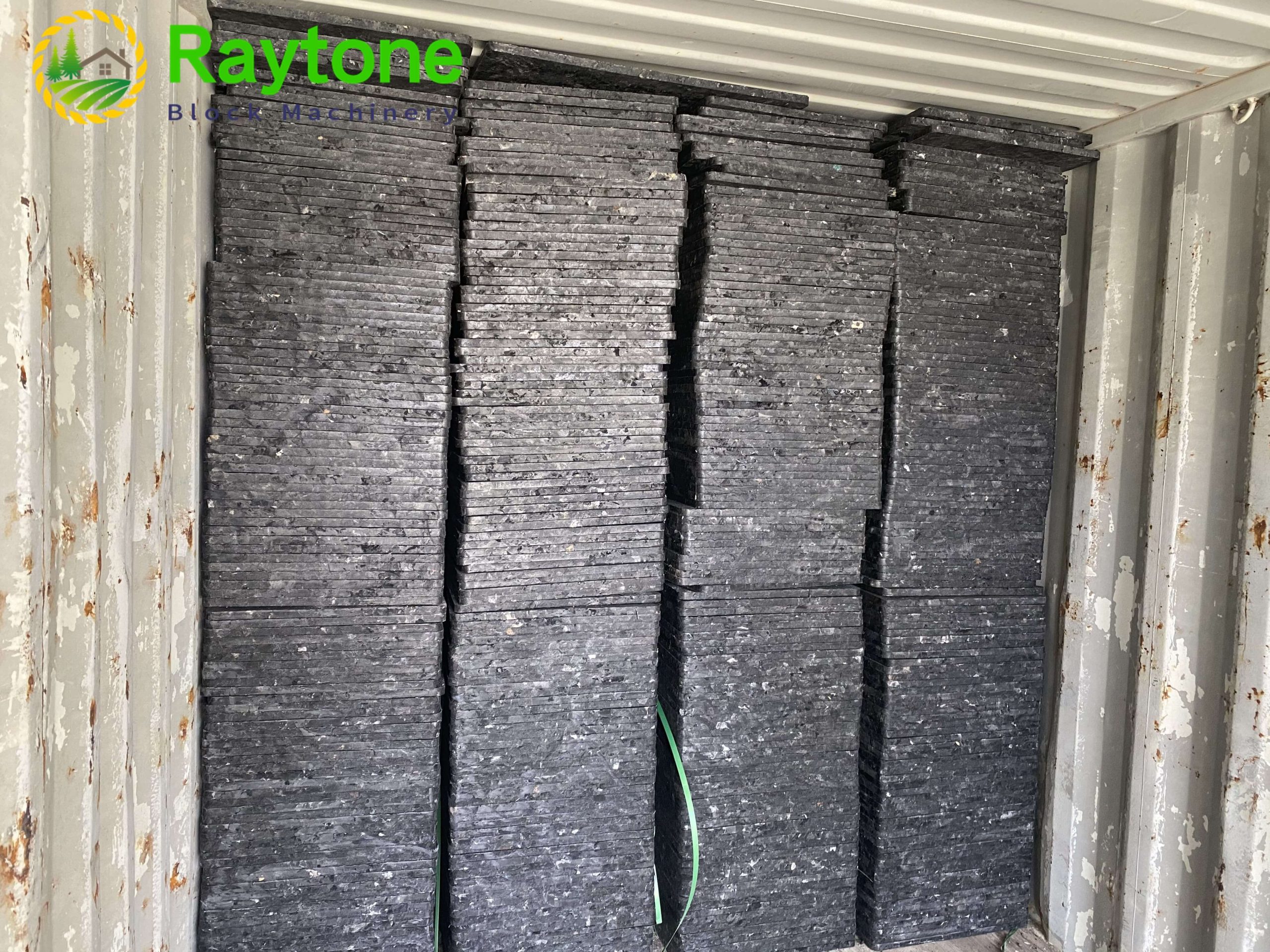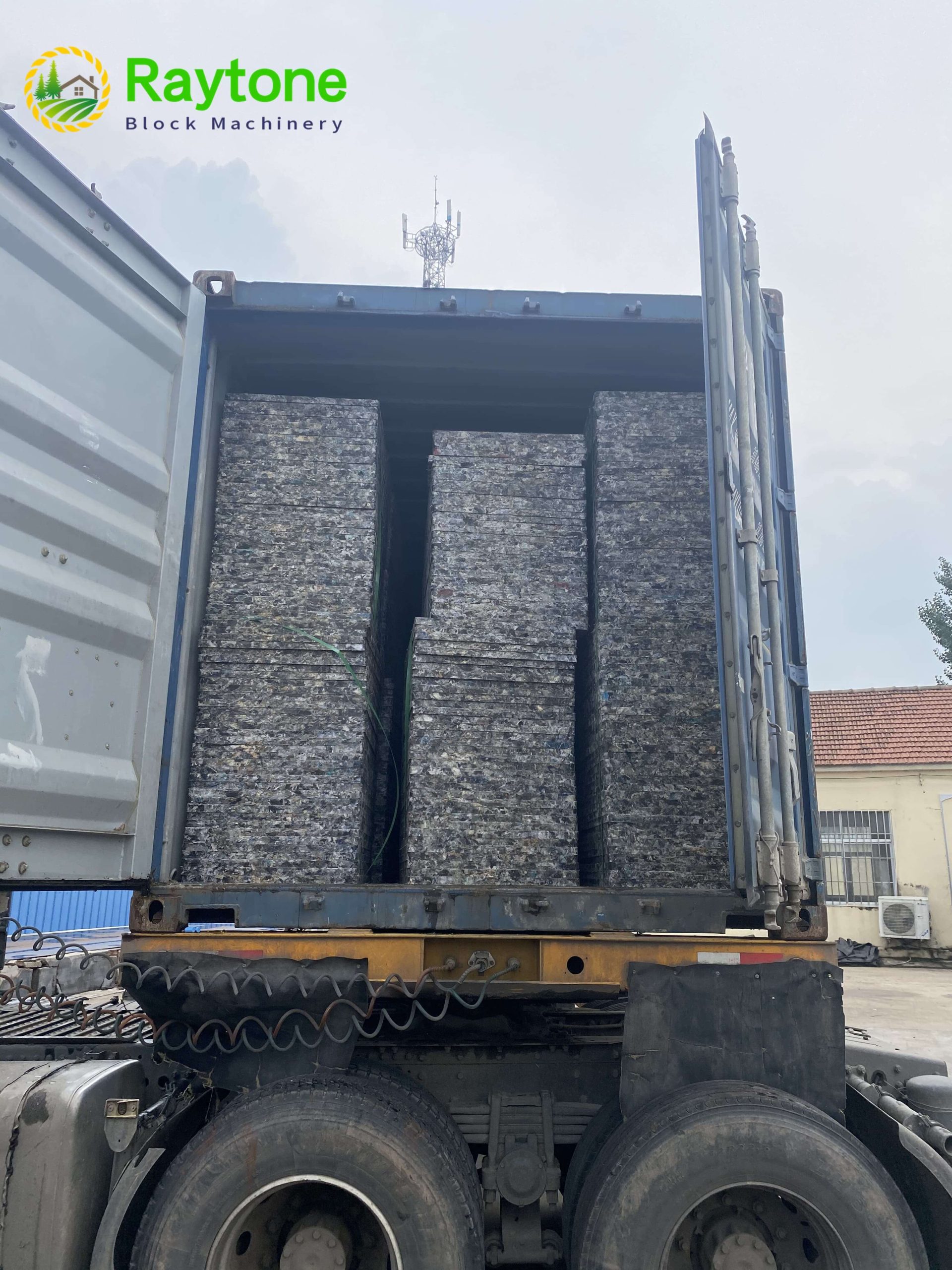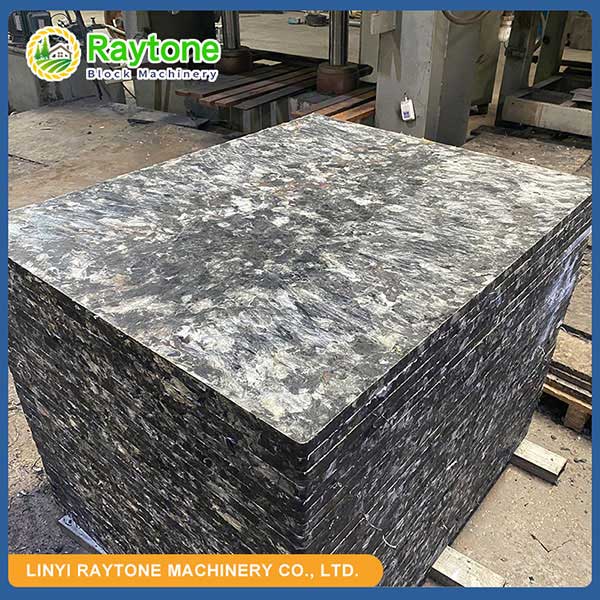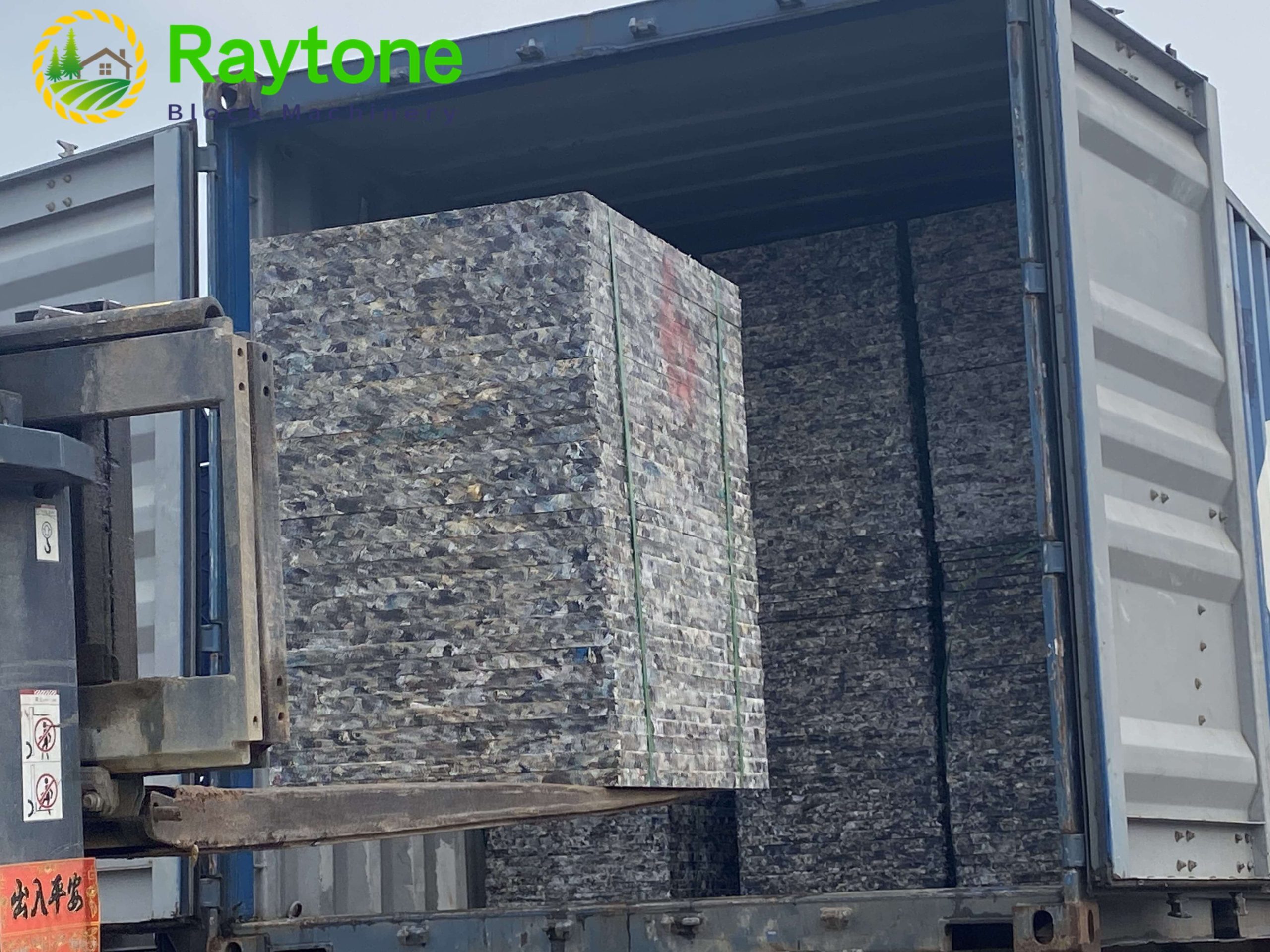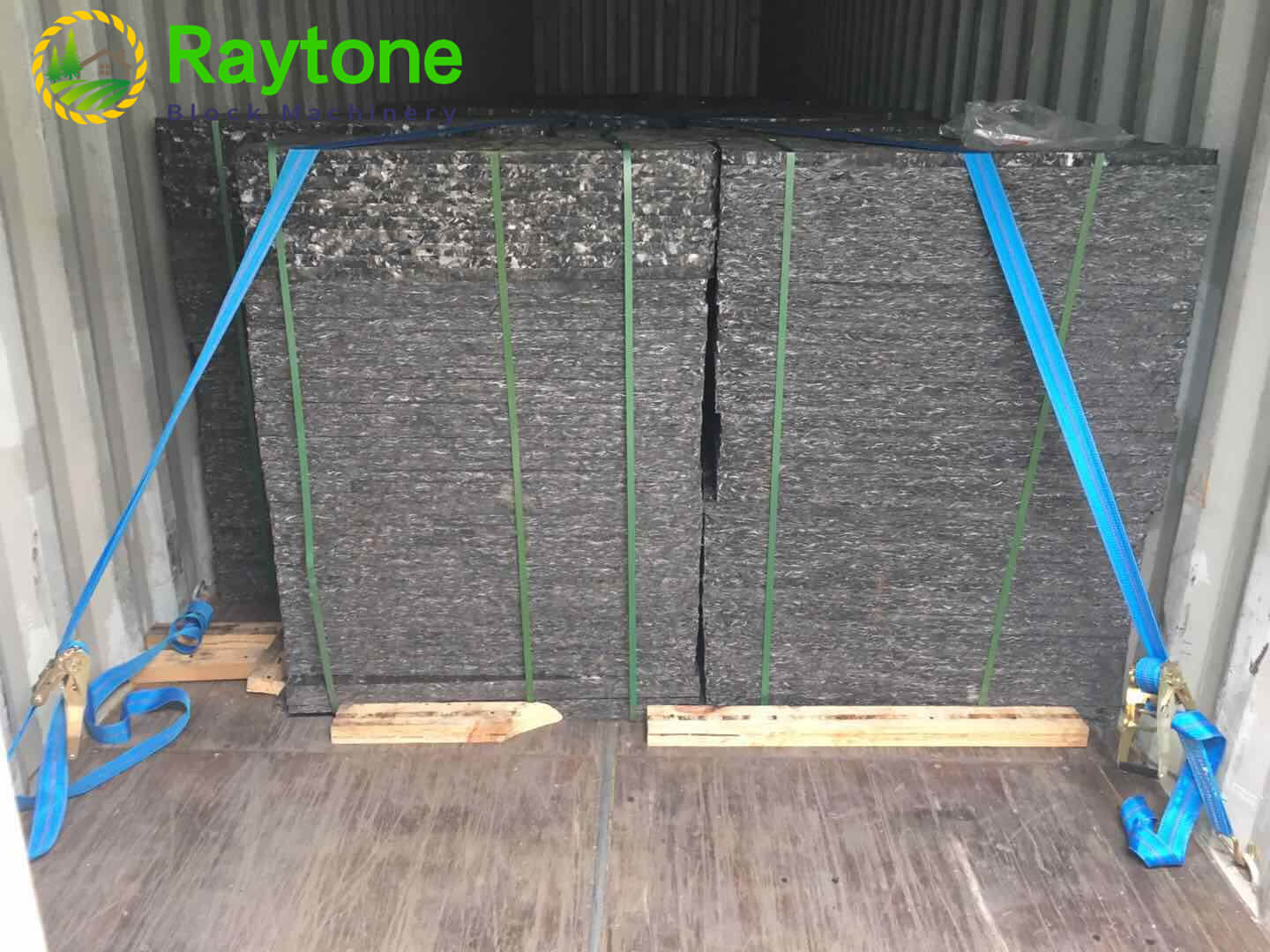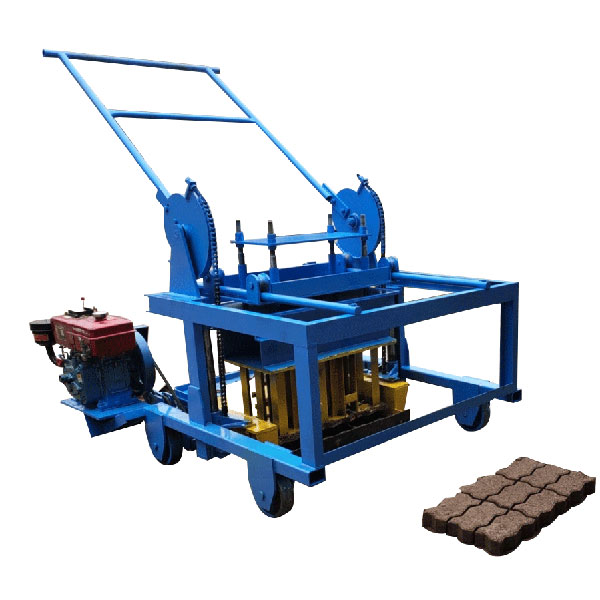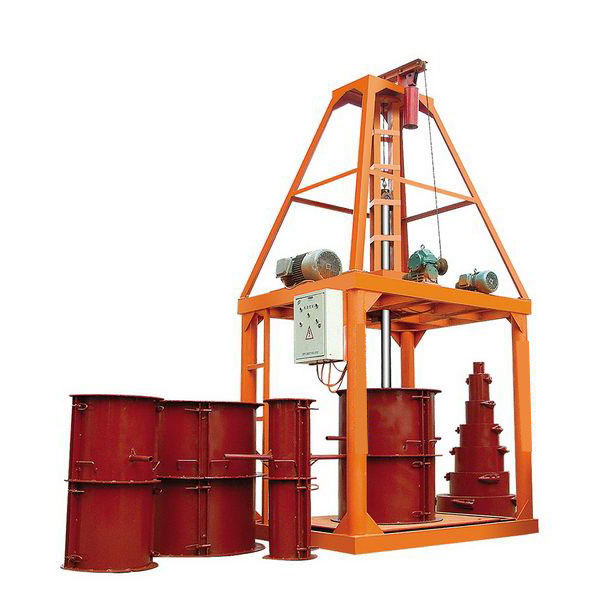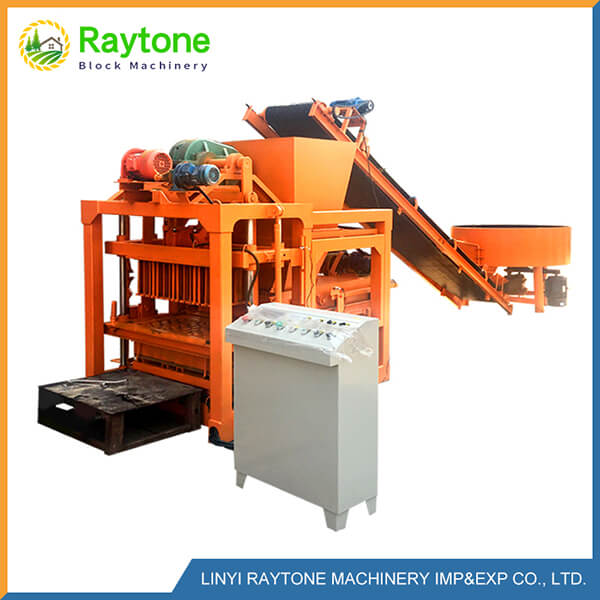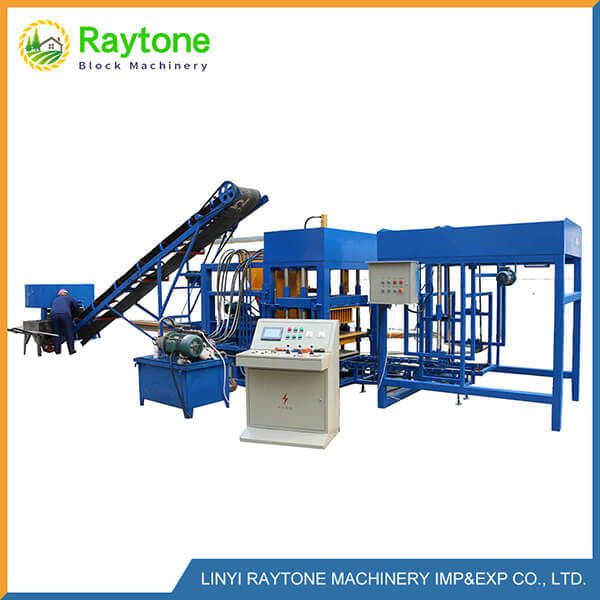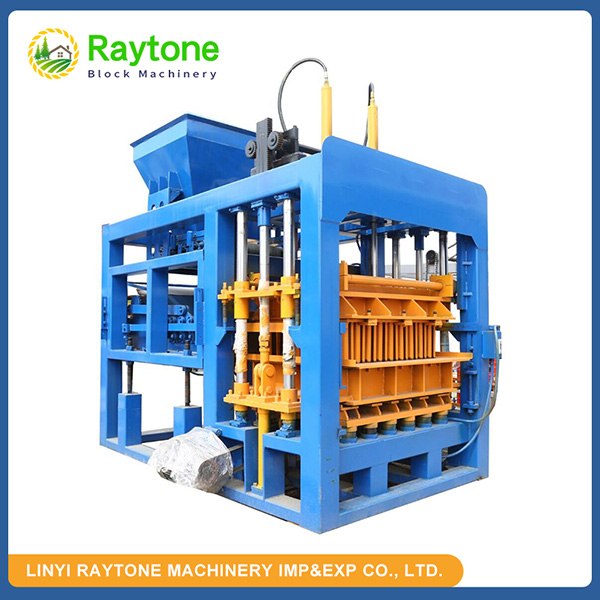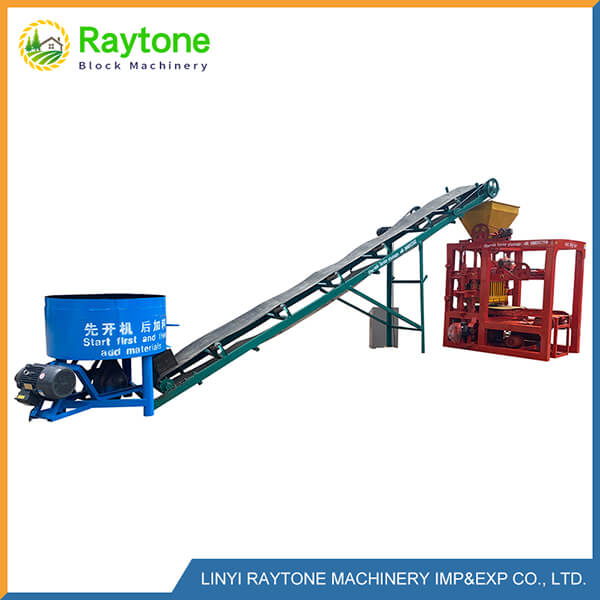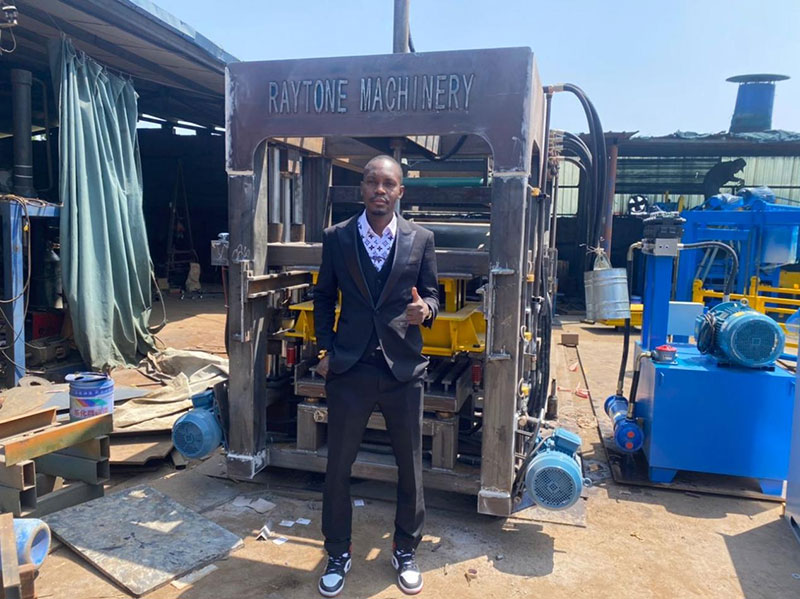As we look ahead to 2025, the diesel block machine market is poised for significant transformation. Key trends shaping the industry include a growing emphasis on sustainability, increased automation in manufacturing processes, and rising demand in emerging markets. Manufacturers are focusing on developing more fuel-efficient and environmentally friendly diesel engines for block machines, while integrating smart technologies for improved performance and maintenance. The construction sector’s expansion in developing countries is driving demand for these versatile machines. Additionally, advancements in materials science are leading to the production of stronger, lighter blocks, influencing machine designs. These trends collectively point towards a more innovative, efficient, and globally conscious diesel block machine market in the coming years.
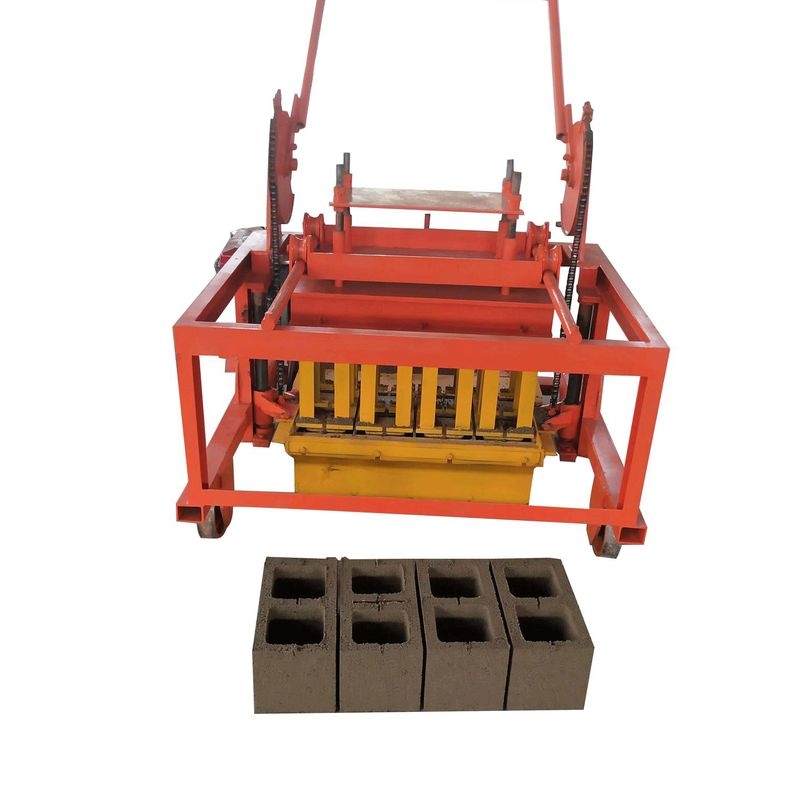
Technological Advancements in Diesel Block Machines
Smart Integration and IoT Capabilities
The integration of smart technologies and Internet of Things (IoT) capabilities is revolutionizing diesel block machines. Manufacturers are incorporating sensors and data analytics to monitor machine performance in real-time. This allows for predictive maintenance, reducing downtime and extending the lifespan of equipment. Remote monitoring capabilities enable operators to track production rates, fuel consumption, and other vital parameters from anywhere, enhancing overall efficiency and productivity.
Improved Fuel Efficiency and Emissions Control
Advancements in engine technology are leading to more fuel-efficient diesel block machines. Manufacturers are employing techniques such as common rail direct injection and turbocharging to optimize fuel combustion and reduce emissions. These improvements not only lower operating costs but also help companies meet stringent environmental regulations. Some manufacturers are exploring hybrid systems that combine diesel engines with electric motors, further reducing fuel consumption and emissions.
Enhanced Automation and Precision
Automation is playing an increasingly significant role in diesel block machine design. Advanced control systems and robotics are being integrated to improve precision in block formation and reduce human error. This leads to higher quality products and increased production rates. Automated material handling systems are also being incorporated, streamlining the entire block-making process from raw material input to finished product output.
Sustainability and Environmental Considerations
Eco-friendly Materials and Processes
The push for sustainability is driving innovation in the materials used for block production. Manufacturers are developing diesel block machines capable of working with eco-friendly alternatives such as recycled aggregates, fly ash, and other industrial by-products. This not only reduces the environmental impact of block production but also opens up new markets for sustainable construction materials. These machines are now being engineered to maintain high strength and durability while processing green materials, making them ideal for eco-conscious projects in both urban and rural developments.
Energy Recovery Systems
To further improve efficiency and reduce environmental impact, some diesel block machine manufacturers are incorporating energy recovery systems. These systems capture and repurpose waste heat from the engine and hydraulic systems, converting it into usable energy. This not only improves overall energy efficiency but also reduces the carbon footprint of block production operations. In addition, advanced control units are being used to monitor fuel consumption and optimize engine output, ensuring machines run at peak performance with minimal waste.
Circular Economy Integration
The concept of a circular economy is gaining traction in the diesel block machine industry. Manufacturers are designing machines with longer lifespans and easier-to-replace components, reducing waste and resource consumption. Some companies are also offering refurbishment services for older machines, extending their useful life and promoting a more sustainable approach to equipment management. Additionally, modular designs are being adopted, allowing parts to be upgraded individually without replacing the entire unit, further supporting sustainable use and lowering long-term operational costs.
Market Expansion and Global Demand
Emerging Market Growth
The diesel block machine market is experiencing significant growth in emerging economies. Rapid urbanization and infrastructure development in countries across Asia, Africa, and South America are driving demand for concrete blocks and, consequently, block-making equipment. Manufacturers are tailoring their products to meet the specific needs of these markets, often focusing on durability, ease of maintenance, and cost-effectiveness. In many regions, portability and the ability to operate without stable electricity are key factors, making diesel-powered, mobile models especially attractive for local contractors and builders.
Customization and Versatility
As the global market expands, there’s an increasing demand for versatile diesel block machines capable of producing a wide range of block sizes and types. Manufacturers are responding by developing modular systems that can be easily reconfigured to produce various block styles, from standard concrete blocks to interlocking pavers and decorative elements. This versatility allows businesses to adapt to changing market demands and expand their product offerings.
Local Manufacturing and Support
To better serve expanding global markets, many diesel block machine manufacturers are establishing local production facilities and support networks. This approach reduces shipping costs and lead times while allowing for better customization to meet local needs. It also facilitates improved after-sales service and support, which is crucial for maintaining customer satisfaction and building brand loyalty in new markets.
Conclusion
In conclusion, the diesel block machine market is set for exciting developments by 2025. Technological advancements are driving improvements in efficiency, precision, and sustainability. The industry’s focus on environmental considerations is leading to more eco-friendly processes and materials. Meanwhile, global market expansion is creating new opportunities and challenges for manufacturers. Companies that can adapt to these trends and innovate accordingly will be well-positioned to thrive in this evolving landscape.
Contact Us
At Raytone Machinery, we’re at the forefront of these industry trends, constantly innovating to provide our customers with cutting-edge QMY4-45 diesel movable block making machines. Our commitment to quality, efficiency, and sustainability ensures that you’ll have the tools you need to succeed in the evolving construction industry. For more information about our range of block machines and how they can benefit your business, please contact us at hazel@raytonechina.com. Let us help you build a more efficient and sustainable future.
References
- Johnson, A. (2024). The Future of Concrete Block Manufacturing: Trends and Innovations.
- Smith, B. et al. (2023). Sustainable Practices in Construction Equipment Manufacturing.
- Global Construction Equipment Market Report 2024-2025. Industry Analysts Inc.
- Lee, C. (2023). IoT Applications in Modern Construction Machinery.
- Environmental Impact Assessment of Concrete Block Production Methods. Journal of Sustainable Construction, 15(3).
- Emerging Markets Construction Boom: Impact on Equipment Demand. World Bank Economic Review, 2024.


